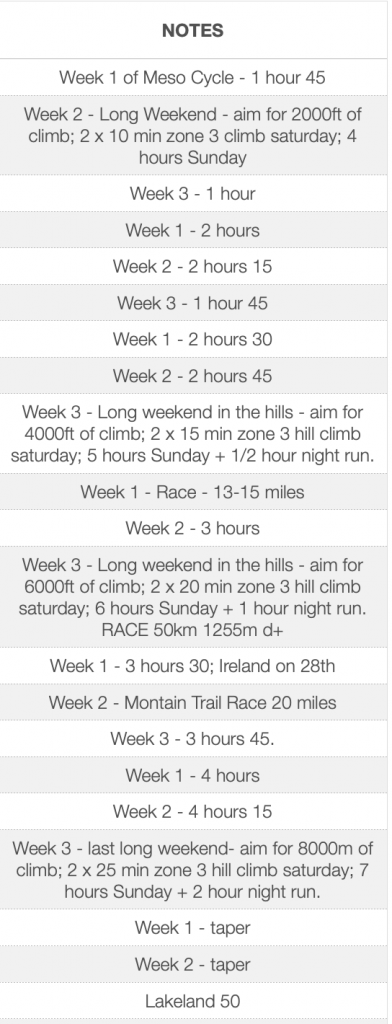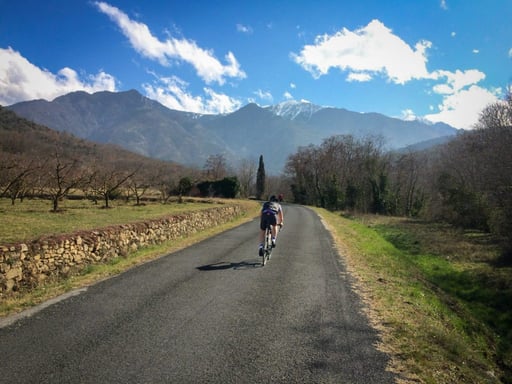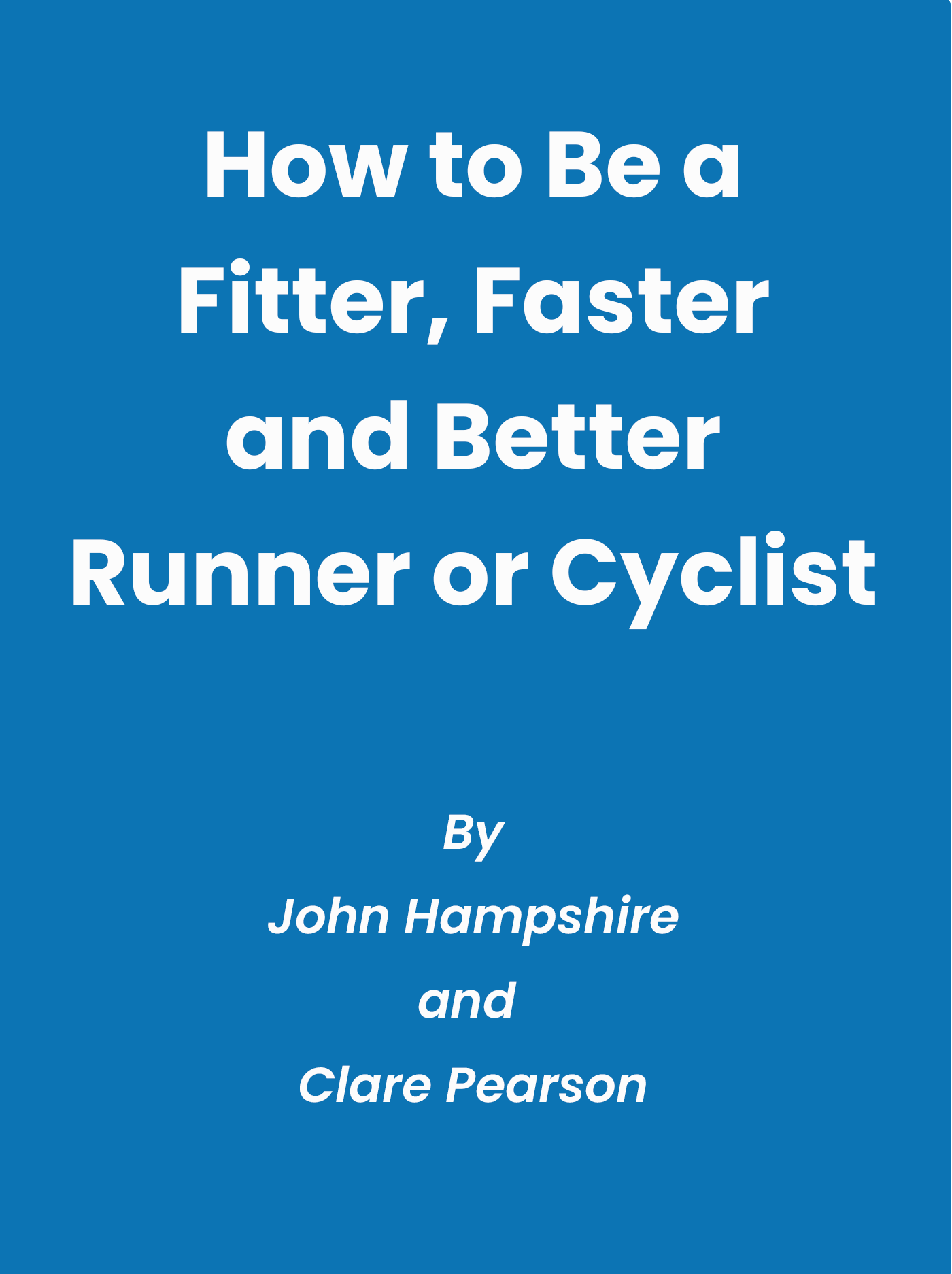How long should my Longest run be if I am training for an ultra?

When training for a long event I have found the most difficult and daunting element is the fear that I won’t be able to go the whole distance. For all other types of races I have done I have always run all or nearly all of the distance on at least one or two of my long runs, but when it comes to distances marathon and ultra distances this isn’t always possible.
So how long should your longest run be? First of all, you don’t need to run the full distance of your target run in one training session; you will have weeks where you run near (or in some cases above) the distance and it is the accumulated mileage that will prepare you for your event. Regardless of the distance I wouldn’t usually suggest any single run lasting more than 8 hours in any given training plan.
Why time and not distance? Everyone’s pace varies, and in particular for trail events, 5km of hilly terrain can take much longer than 10km of flat; measuring according to time gives a far more accurate estimation of training volume than distance could.
It’s not every runner who would complete even this amount of training in a single run here’s some of the reasons why:
- It depends on the length of the ultra
Running a 30 mile (50km) ultra is very different from running a 100+ mile (160km) event. Some people at the shorter (ish) distances gain a lot of confidence from running at or near the full distance in training and as such the benefits of doing the whole distance outweigh the cost in consequent fatigue and need for recovery.
Indeed for experienced athletes, running 30 miles in a single run may not accrue too much fatigue at all, especially if they can run it at a pace which means they are not out for too long.
Once we get beyond a full 8 hour day on our feet, the cumulative fatigue is significant and the rest we need to take to recover can far outweigh the benefits of doing the long run. At this stage it’s often better to split the distances and develop blocks of endurance training with back to back long days.
Doing long back to back days can also cause a lot of fatigue so it’s important not to do too many of them. As such it may be that in any given plan, you have several key blocks of endurance training with long back to back days, followed by weeks where the weekend volume is much lower so that you can focus on other fitness gains and also recover and adapt to the stimulus of the long endurance block.
- We need to build up distances slowly
Building endurance and fatigue resistance is a gradual thing and not necessarily linear. If we try to increase our mileage all the time we become fatigued, our bodies (and minds) do not have time to rest and adapt to the stimulus we have given them. For people starting with only a small amount of endurance (ie their longest run is less than 90 minutes a good rule of thumb is two step forwards one step back approach on a three week cycle – so one week the long run might be 90 minutes, the next it might be 105 minutes, then it might drop back to 75 minutes or less in the third, easier week. So your long endurance session is going to change week by week.

- It depends on your running experience.
Some people are used to going out for long days and are able to recover from them relatively quickly; for others with less experience they may find they need several days of light training or rest after longer runs. Therefore the benefits of long back to back days has to be weighed against any consequential lost training as you take the time you need to recover.
If you are someone who trains pretty much all year round and already regularly goes out for 3-4 hours at the weekend then your starting point is going to be very different from someone who’s longest run has been no more than an hour. In this case it may be that they are only going to support one or two long back to back days in a given plan as they will need to have time to build up their endurance to support that load.
- It depends on the sports you do
Many people, myself included find that while they have the fitness capacity to do more their body will not allow it and we have to look at cross training approaches to add to our fitness without getting injured. The length of time we can spend on the bike is usually far greater than the length of time we can spend running (all else being equal), so it might be that your longest session for your ultra is not necessarily a run and could be even longer than your planned event in distance and in some cases time.

- It depends on your goals for the key event.
Many people enter ultras because they love the challenge of the distance, and want to enjoy an event which combines both the sport they love and forms part of an adventure, either on their own or with friends; they know that at some point they are going to get tired and it’s going to hurt but they will usually keep going to the finish. In this case the longest run may fall quite far short of the distance of the race, so long as the athlete is confident enough that they will be able to keep going.
Others are more curious about how fast they can be over a particular distance. In this case they may want to test themselves with a long run or race some weeks before their main event (e.g. they may want to do a 30 mile event to give some indication of how they might perform in their 60 mile event.
- It depends how much time you have
You may enter an ultra event in January for an event in July with lots of good intentions to start training right away, but often these intentions can fail to become reality for some time. Or it may be that it’s a lifelong dream of yours to run a 100 mile race, buy you are a single working mum with two children and very time crunched.
The more time you have available the longer your run can be and the more time you will have to build a good aerobic base. The less time you have the more creative you may need to become to prepare for a challenging event. If you really can’t get a clear weekend to do back to back long days it may be that we would look at trying to run more frequently and maximise the long run as far as possible but support this with other shorter training sessions.
- It depends on what other types of training you are doing
Most people training for an ultra distance event are not just doing 1 long run per week to prepare. Carefully planned training focuses on different aspects of a key event at different times and there is a cumulative effect from all the training that you do. For people who train more frequently, they can build up good aerobic endurance and running economy outside of the long endurance run. For people who are including regular speed work into the training they will make some specific fitness gains in a shorter amount of time that will complement their endurance runs. If your goal event involves a lot of climbing, there will some weeks/blocks where you will be focussed on climbing and descending and this will necessarily mean you run less distance for the same amount of time.

- Every Athlete is different
No two athletes respond exactly the same way to the same stimulus; it important to consider this when thinking about training for any event. Some athletes seem to work well off less longer slow distance training and more speed, others are exactly the opposite; the challenge is to get it right for the individual. Rosa Mota, winner of multiple marathons is famous for never doing a run in training of more than 90 minutes – I suspect she could still cover a significant distance in this time, but this will still some way short of her best marathon time of 2:23:29. Her logic was that longer runs meant she had to run more slowly rather than nearer to her race pace and became more tired for less training effect.
In addition to this athletes who accrue a lot of emotional stress outside training or who are physically active for work can often tolerate less training stress than others; it’s important to take into account all drains on your energy when planning the type of training and how much of it you are going to do.
January 21, 2022

Comments